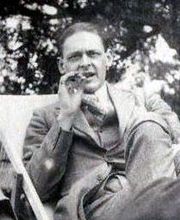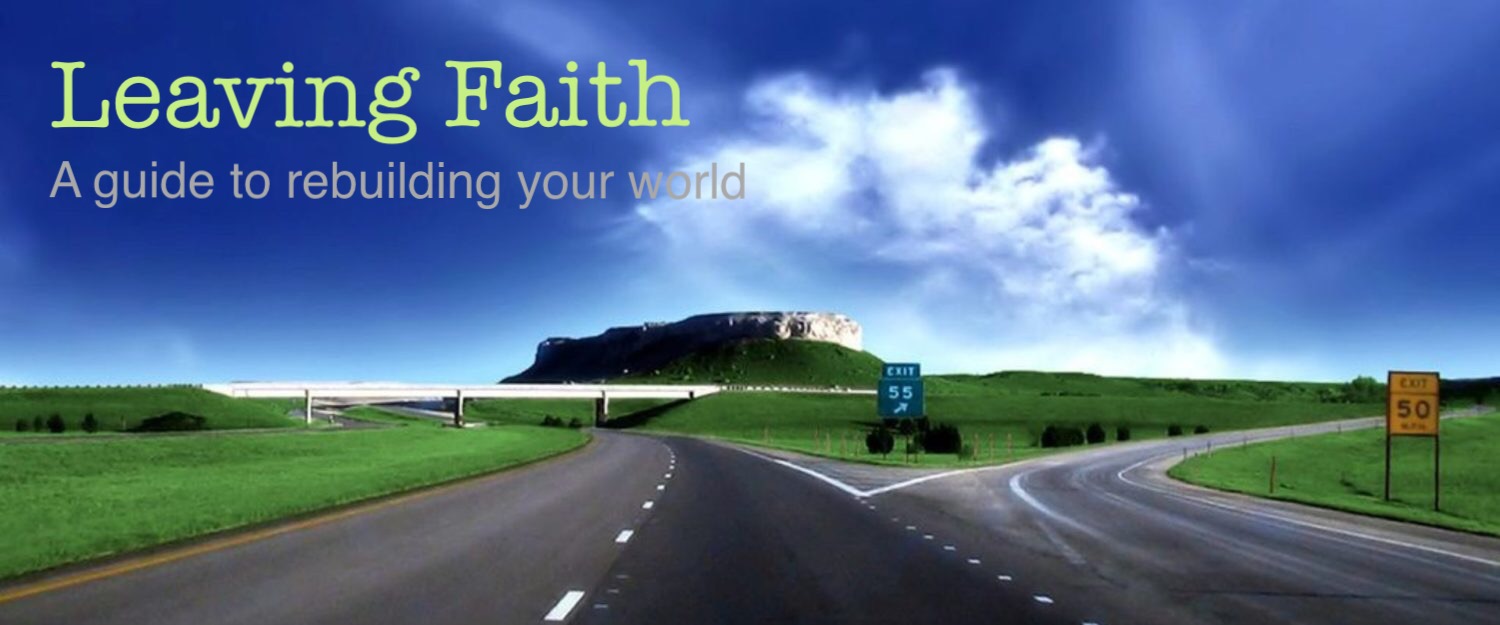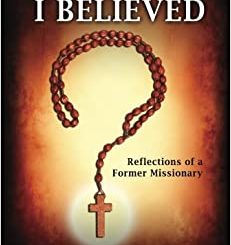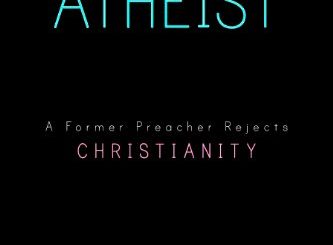Pensees 03 – T.S. Eliot on Despair
This post is part of a series.
 OK, I admit it, I AM going to blog through Pascal’s Pensees. Here’s another interesting quote by T.S. Eliot from the Introduction to Pensees:
OK, I admit it, I AM going to blog through Pascal’s Pensees. Here’s another interesting quote by T.S. Eliot from the Introduction to Pensees:
His despair, his disillusion, are, however, no illustration of personal weakness; they are perfectly objective, because they are essential moments in the progress of the intellectual soul; and for the type of Pascal they are the analogue of the drought, the dark night, which is an essential stage in the progress of the Christian mystic. A similar despair, when it is arrived at by a diseased character or an impure soul, may issue in the most disastrous consequences though with the most superb manifestations; and thus we get Gulliver’s Travels; but in Pascal we find no such distortion; his despair is in itself more terrible than Swift’s, because our heart tells us that it corresponds exactly to the facts and cannot be dismissed as mental disease; but it was also a despair which was a necessary prelude to, and element in, the joy of faith.
Despair is certainly part of losing one’s faith, and part of despair is feeling alone and isolated in our experience. Eliot’s words, though, can provide a little comfort. What do they tell us?
1. Times of despair and darkness don’t mean we are weak
In fact, some of the most influential people in history may have been strong and influential BECAUSE they honestly faced their inner existential loneliness and the questions of being and meaning. They weren’t superficial or weak – facing the harshness of the human condition rather than hiding from it can be a great step towards being a person of value and virtue.
2. Despair does not necessarily mean that we are delusional
The real conditions of this world and humanity, even the feeling of being abused, confused, or used by a religion or world view is one that many people face – even smart, good people like us! This despair is, unfortunately, an “essential moment in the progress of the intellectual soul.” And I would hasten to add, the mature soul.
3. Our response to despair and hurt can make us better or bitter
This trite but memorable diad of better/bitter is important for us to remember. Most of us have some residual bitterness from the disappointments and hurts of growing up, and religious or ideological disillusionment can lead to the greatest kind of bitterness, or it can lead us to seek truth and kindness.
4. Despair is a prelude to what?
Of course, in Pascal’s life, and in the lives of many saints and mystics, despair, or the dark night of the soul, led to a place of maturity, submission, and contentment.
Interestingly, in his excellent No One Sees God: The Dark Night of Atheists and Believers, Michael Novak discusses how this passage can also lead to atheism, and this shared experience is a strange sort of common ground between both atheists and believers.
As discussed in the first post in this series, Eliot feels like there are three endpoints (though they may also be points along a process) – agnosticism, atheism, or faith.
The honest person in this transition will admit that they do not know WHERE they will end up – if we stay independent of the biases that bitterness creates, we will have to admit that our endpoint may be faith or unbelief, and to a certain extent, that outcome seems to be somewhat out of our hands.


